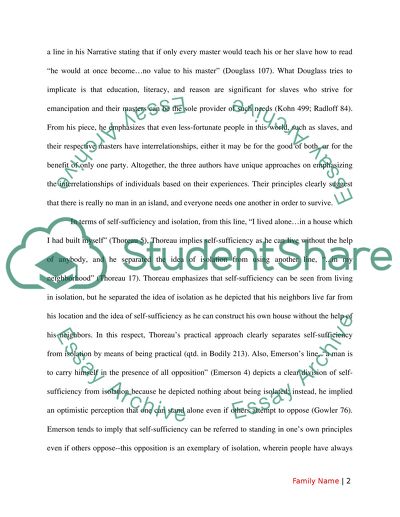Cite this document
(“The Rule of Self-Reliance in the Nineteenth Century Literature Essay”, n.d.)
Retrieved from https://studentshare.org/english/1494309-19th-century-literature
Retrieved from https://studentshare.org/english/1494309-19th-century-literature
(The Rule of Self-Reliance in the Nineteenth Century Literature Essay)
https://studentshare.org/english/1494309-19th-century-literature.
https://studentshare.org/english/1494309-19th-century-literature.
“The Rule of Self-Reliance in the Nineteenth Century Literature Essay”, n.d. https://studentshare.org/english/1494309-19th-century-literature.


